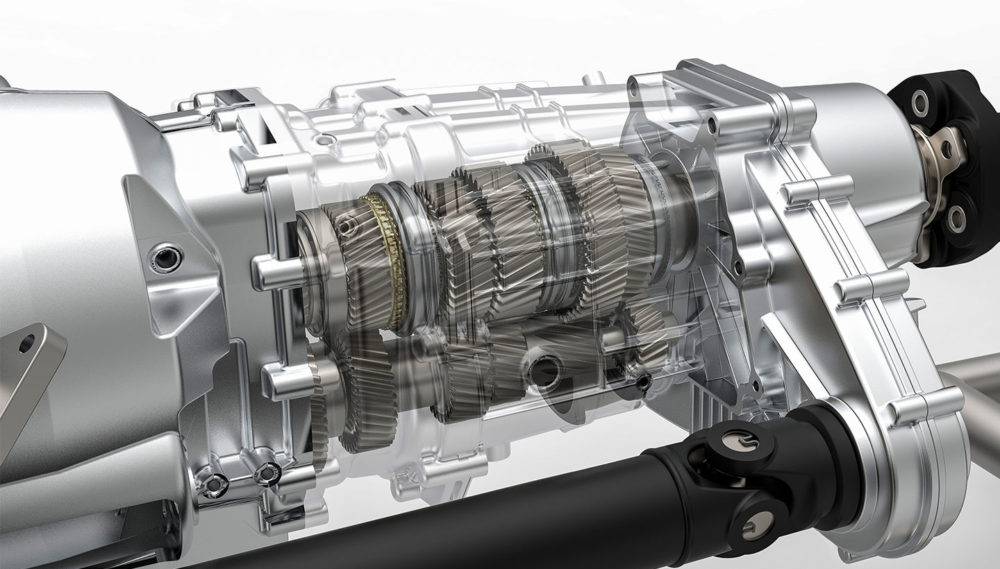Mobile:+86-311-808-126-83
Email:info@ydcastings.com
Spanish
Ene . 23, 2025 01:56
Back to list
different types of impellers
Impellers are critical components in the engineering world, playing an integral role in various applications ranging from industrial machinery to everyday household appliances. Understanding the different types of impellers helps in maximizing efficiency, performance, and longevity of machines involved in fluid dynamics. The expertise behind the design and application of these devices is both an art and a science, requiring a blend of engineering knowledge and practical experience.
Radial flow impellers, by contrast, move fluid perpendicular to the shaft. This design is synonymous with high pressure and low flow applications, excelling in centrifugal pumps used for high-pressure fluid transportation. The robust nature of radial flow impellers underscores their reliability and authority in systems that depend on consistent, high-pressure delivery. Mixed flow impellers incorporate elements from both axial and radial designs, offering a compromise between high flow and high head, thus catering to a wide array of industrial processes. They are often utilized in situations that demand efficient transfer of fluids over considerable distances without excessive pressure loss, aligning with the premium standards of modern engineering solutions. The materials used in constructing impellers also speak to the expertise and authoritative knowledge employed in their design. Stainless steel, bronze, plastic, and composite materials are selected based on the working environment, including the fluid’s chemical composition, temperature, and pressure. Each material confers specific benefits, from corrosion resistance to cost-effectiveness or lighter weight, contributing to the overall efficiency and durability of the machinery involved. Whether it's in the selection of an impeller for a new pump design or the replacement in an existing system, understanding the differences and applications allows engineers to make well-informed decisions. Experience drives the industry forward, with continuous improvements in impeller design based on field performance and evolving technological innovations. Trust in the engineering behind impellers stems from their proven capabilities in diverse settings, ensuring that they continue to be indispensable components across industrial sectors.


Radial flow impellers, by contrast, move fluid perpendicular to the shaft. This design is synonymous with high pressure and low flow applications, excelling in centrifugal pumps used for high-pressure fluid transportation. The robust nature of radial flow impellers underscores their reliability and authority in systems that depend on consistent, high-pressure delivery. Mixed flow impellers incorporate elements from both axial and radial designs, offering a compromise between high flow and high head, thus catering to a wide array of industrial processes. They are often utilized in situations that demand efficient transfer of fluids over considerable distances without excessive pressure loss, aligning with the premium standards of modern engineering solutions. The materials used in constructing impellers also speak to the expertise and authoritative knowledge employed in their design. Stainless steel, bronze, plastic, and composite materials are selected based on the working environment, including the fluid’s chemical composition, temperature, and pressure. Each material confers specific benefits, from corrosion resistance to cost-effectiveness or lighter weight, contributing to the overall efficiency and durability of the machinery involved. Whether it's in the selection of an impeller for a new pump design or the replacement in an existing system, understanding the differences and applications allows engineers to make well-informed decisions. Experience drives the industry forward, with continuous improvements in impeller design based on field performance and evolving technological innovations. Trust in the engineering behind impellers stems from their proven capabilities in diverse settings, ensuring that they continue to be indispensable components across industrial sectors.
Related PRODUCTS











